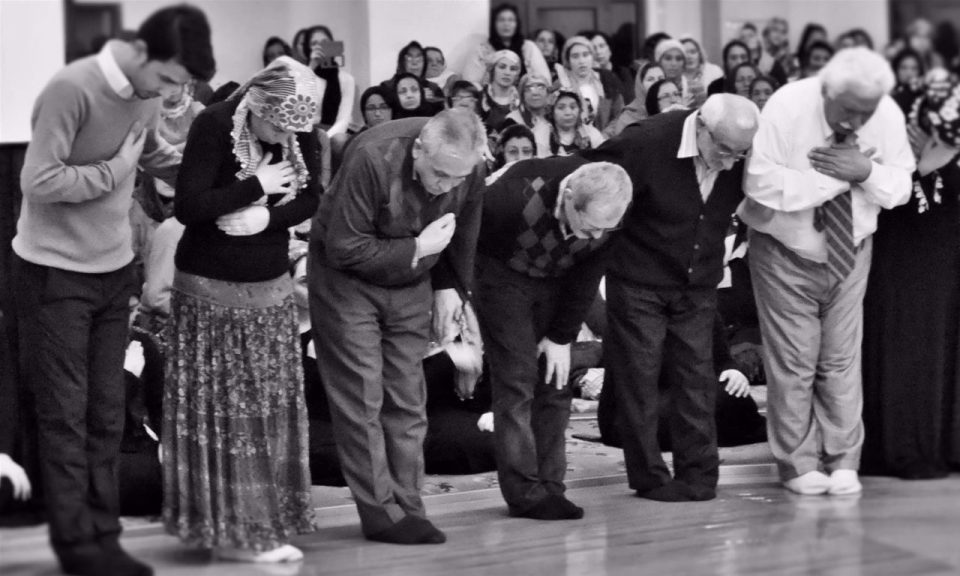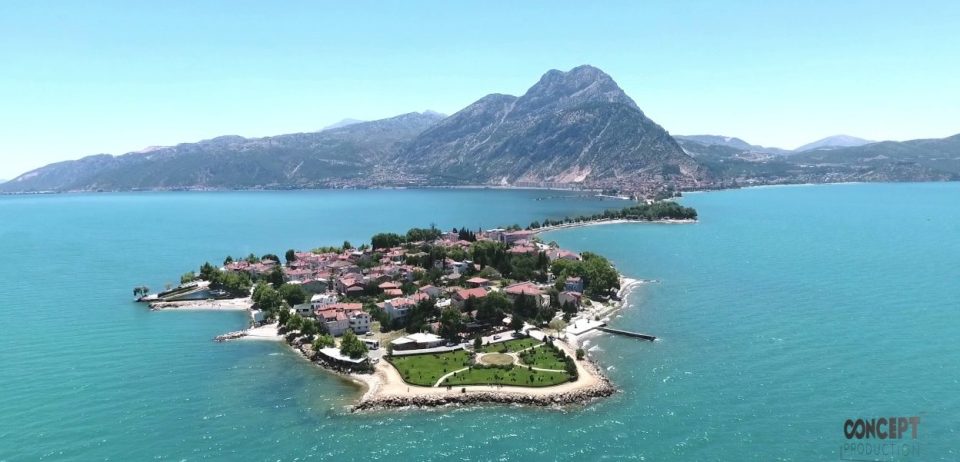Napoleon Bonaparte rose to power through a combination of military success, political savvy, and the support of key factions in French society. In 1799, he engineered a coup d’etat that overthrew the Directory, the governing body of France at the time. With the support of the military and the middle class, Napoleon established the Consulate, a new form of government that centralized power in his hands.
One of Napoleon’s most significant achievements was the codification of French law. In 1804, he introduced the Napoleonic Code, a comprehensive set of laws that streamlined and simplified the legal system. The Napoleonic Code served as a model for legal reform throughout Europe and beyond.
Napoleon also expanded France’s territory through conquest. He waged a series of wars against other European powers and conquered much of Europe, creating a vast French Empire that spanned from Spain to Russia. This expansion brought France wealth and power, but also led to costly wars and widespread destruction.
Another of Napoleon’s achievements was his promotion of education and culture. He established a system of state-run schools that provided education to children from all social classes. He also supported the arts, commissioning grand architectural projects and encouraging the development of French literature, music, and painting.
Despite his successes, Napoleon’s reign was not without its failures. One of his most significant mistakes was his decision to invade Russia in 1812. The Russian campaign was a disaster, with the French army suffering massive losses due to harsh winter conditions and Russian resistance. The defeat weakened Napoleon’s grip on power and contributed to his eventual downfall.
Napoleon’s other failures included his inability to establish a stable government that could withstand his absence and his failure to reconcile with the Catholic Church. His policies toward the Church alienated many French citizens, and his exile to the island of Elba in 1814 was in part due to the Church’s opposition to his rule.
In 1815, Napoleon returned to France from exile and attempted to regain power, but he was defeated at the Battle of Waterloo and exiled once again, this time to the remote island of Saint Helena. He died there in 1821, at the age of 51.
Despite his ultimate defeat, Napoleon remains a significant figure in French history and in the history of Europe. His legacy includes the Napoleonic Code, the expansion of France’s territory, and his promotion of education and culture. However, his reign was also marked by costly wars and widespread destruction, and his failures ultimately led to his downfall.












